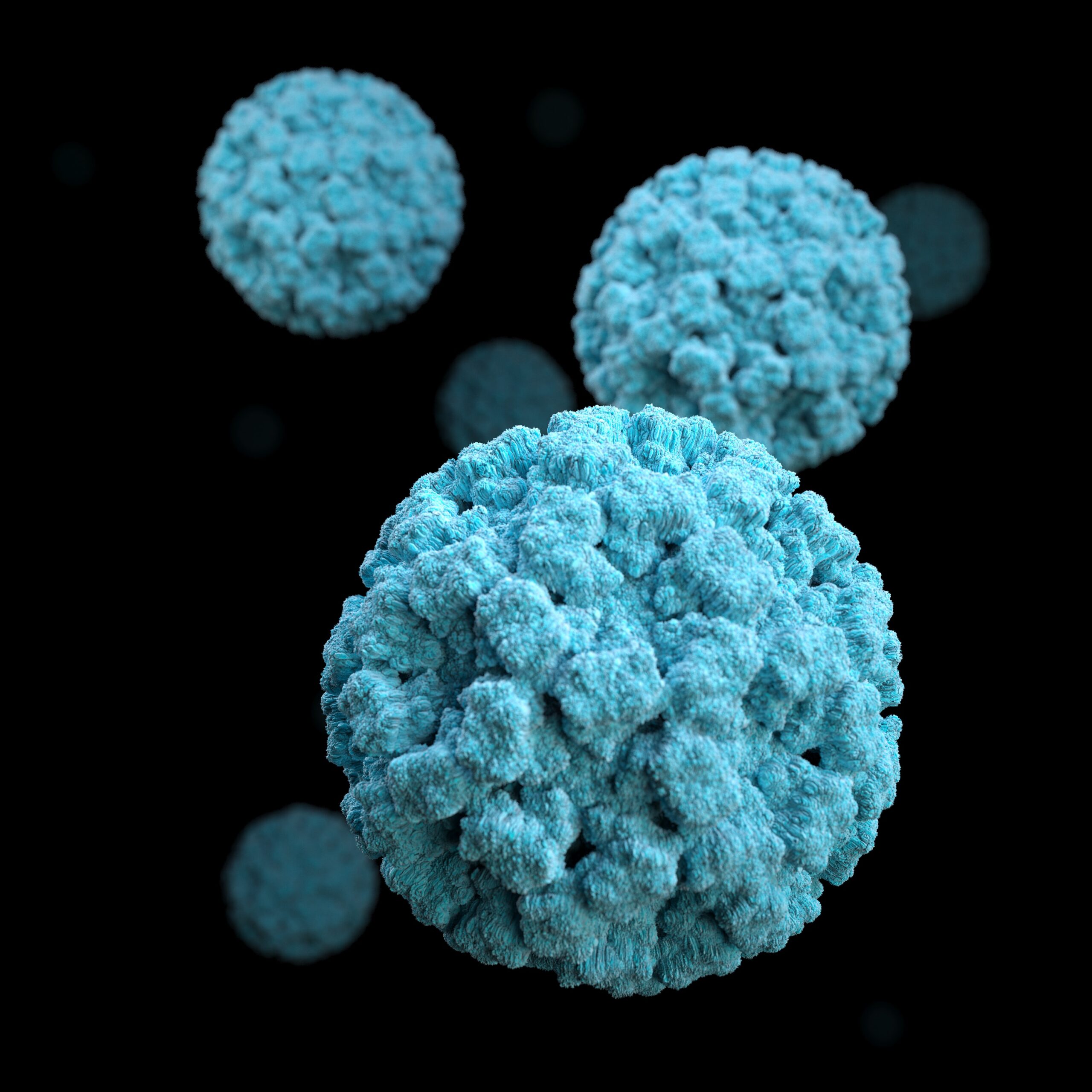Dealing with Digestive Distress: A Comprehensive Guide to Common Gastrointestinal Infections

Maintaining a healthy digestive system is essential for overall well-being. Unfortunately, gastrointestinal infections can disrupt this balance, causing discomfort and inconvenience. In this article, we will delve into the world of common gastrointestinal infections, shedding light on their causes, symptoms, prevention, and management strategies.
Understanding Gastrointestinal Infections: Gastrointestinal infections, often referred to as stomach infections, are caused by various pathogens, including bacteria, viruses, and parasites. These infections target the digestive tract, leading to symptoms such as nausea, vomiting, diarrhea, and abdominal pain. They can be transmitted through contaminated food, water, and even close contact with infected individuals.
Types of Gastrointestinal Infections:
- Gastroenteritis: This infection, commonly known as the stomach flu, is caused by viruses like norovirus and rotavirus. It results in symptoms such as diarrhea, vomiting, and stomach cramps. Gastroenteritis spreads easily in crowded places, making it crucial to practice proper hygiene.
- Food Poisoning: Bacterial pathogens like Salmonella, Escherichia coli (E. coli), and Campylobacter are responsible for food poisoning. Consuming contaminated food or beverages can lead to symptoms like nausea, vomiting, diarrhea, and fever. Thoroughly cooking and storing food properly are essential preventive measures.
- Traveler’s Diarrhea: Often encountered during trips to unfamiliar destinations, traveler’s diarrhea is typically caused by consuming contaminated water or food. Bacteria like Enterotoxigenic E. coli (ETEC) are common culprits. Staying hydrated, avoiding street food, and practicing proper hand hygiene are vital precautions.
Symptoms and Diagnosis: The symptoms of gastrointestinal infections can vary in intensity but often include nausea, vomiting, diarrhea, abdominal cramps, and fever. In severe cases, dehydration can occur due to fluid loss from vomiting and diarrhea. If symptoms persist or worsen, seeking medical attention is essential.
Diagnosis typically involves a medical history assessment and sometimes stool tests. These tests help identify the specific pathogen responsible for the infection, enabling healthcare providers to determine the appropriate treatment.
Prevention Strategies: Preventing gastrointestinal infections revolves around maintaining proper hygiene and making informed choices. Here are some preventive strategies to consider:
- Hand Hygiene: Regularly wash your hands with soap and water, especially before handling food and after using the bathroom. If soap is unavailable, use hand sanitizers containing at least 60% alcohol.
- Safe Food Handling: Ensure that raw foods are properly cooked to kill harmful bacteria. Use separate cutting boards for raw meats and other foods to avoid cross-contamination. Refrigerate leftovers promptly to prevent bacterial growth.
- Water Safety: When traveling, opt for bottled water or use water purification methods such as boiling, filtering, or treating with chlorine tablets.
- Choose Safe Food Sources: Avoid consuming raw or undercooked seafood and meats, as well as unpasteurized dairy products.
- Practice Kitchen Cleanliness: Keep your kitchen clean and sanitized, regularly disinfecting countertops, utensils, and cooking surfaces.
Treatment and Management: The treatment of gastrointestinal infections depends on the underlying cause and the severity of symptoms. In many cases, these infections resolve on their own with supportive care. Here are some management strategies:
- Stay Hydrated: Drink clear fluids like water, oral rehydration solutions, and clear broths to prevent dehydration caused by vomiting and diarrhea.
- Rest and Nutrition: Give your digestive system a break by consuming easily digestible foods like plain rice, bananas, and applesauce until symptoms improve.
- Avoid Certain Medications: Anti-diarrheal medications might not be suitable for all cases, as they can trap harmful bacteria in the body. Consult a healthcare provider before using them.
- Antibiotics: In some bacterial infections, antibiotics may be prescribed by a healthcare provider to shorten the duration and severity of symptoms. However, antibiotics are not effective against viral infections.
- Medical Attention: Seek medical care if symptoms worsen, if there’s blood in the stool, if you experience severe dehydration, or if you have an underlying health condition.
Gastrointestinal infections can certainly disrupt daily life, but with proper preventive measures and timely care, their impact can be minimized. By practicing good hygiene, making safe food choices, and seeking medical attention when necessary, you can navigate through these common infections and get back to enjoying a healthy digestive system and overall well-being. Remember that while self-care is important, professional medical guidance is invaluable when dealing with severe or persistent symptoms.



